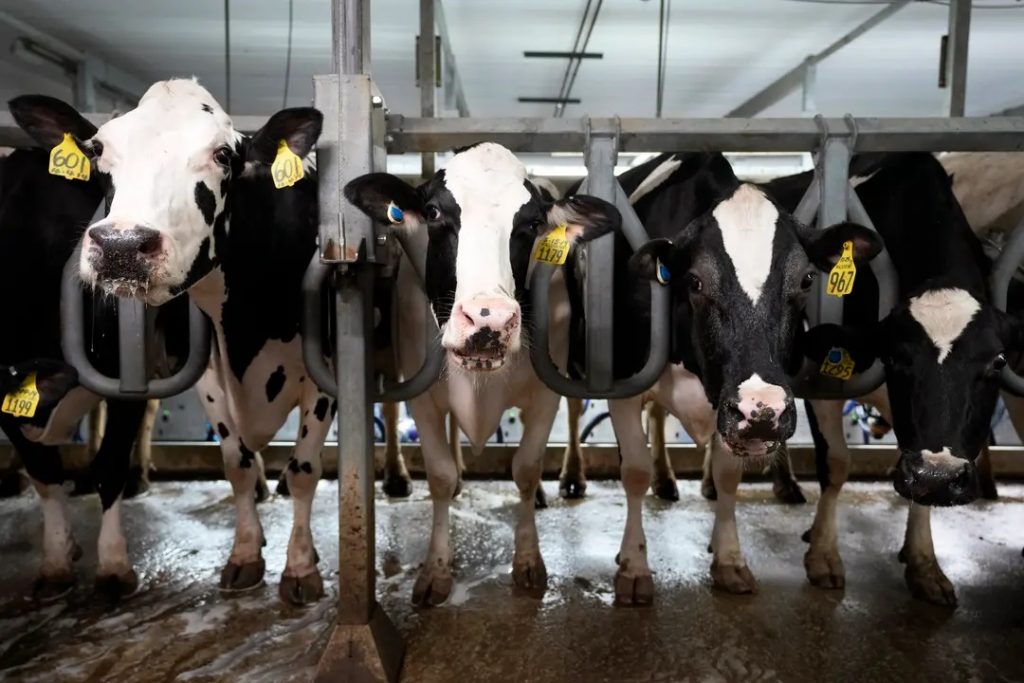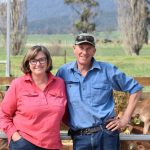
Earlier this summer, Colorado broke records for the highest number of reported cases in U.S. dairy herds to be infected with avian flu. It was also the first time Colorado’s dairy industry was impacted by the disease. Now, all the infected herds have been released from quarantine.
Dr. Maggie Baldwin, Colorado’s State Veterinarian, said while she is very pleased that the last dairy herd has been released from quarantine, she doesn’t think the state’s dairy industry is out of the woods yet.
“For us to have achieved the milestone of releasing all of our dairy herds from quarantine in a six-month timeframe is pretty remarkable. I’m really proud of the way our state has handled this,” Baldwin said. “But it’s too early to know what the long-term impacts are with HPAI in dairy herds, it’s too early to know if we’re really in the clear right now.”
The highly contagious avian flu — also called H5 bird flu or highly pathogenic avian influenza (HPAI) — was detected in wild birds in Colorado in 2022.
In birds, the disease causes severe respiratory symptoms and is often deadly. But in cows, the infection is largely — but not always — restricted to the mammary glands, according to researchers at the University of Colorado Anschutz. Because of this, researchers believe that the disease was being transmitted to cows by contaminated milk equipment.
In the last six months, more than 75 percent of Colorado’s dairy herds were infected with the disease.
However, Baldwin hypothesized that a big reason the disease spread so rapidly between dairy herds was due to shared equipment and workers between farms. Even if someone is not infected, Baldwin said they can still carry this virus from one farm to another.
“In Colorado, most of our dairies are located geographically in the northeast region so there’s a lot of connections between those dairies — even if they’re a closed herd — there’s a lot of shared vehicles, shared service providers, a lot of shared people that might be transmitting that virus between [herds].”
In July, Gov. Jared Polis extended bird flu as an emergency disaster declaration. The emergency fund helped cover costs associated with “monitoring and mitigation of disease spread, response … and recovery efforts,” including providing dairies with surveillance to help identify any infected cows.
According to Baldwin, the state will continue to implement mandatory weekly bulk tank testing and will continue to do so “until we have confidence that we don’t have the disease.”
Milk from sick cows is disposed of immediately on site, according to a spokesperson with the state health department. And all licensed commercial dairy cow facilities in Colorado are required to pasteurize their milk — which kills harmful bacteria and viruses, including avian flu.
You can now read the most important #news on #eDairyNews #Whatsapp channels!!!
🇺🇸 eDairy News INGLÊS: https://whatsapp.com/channel/0029VaKsjzGDTkJyIN6hcP1K

























